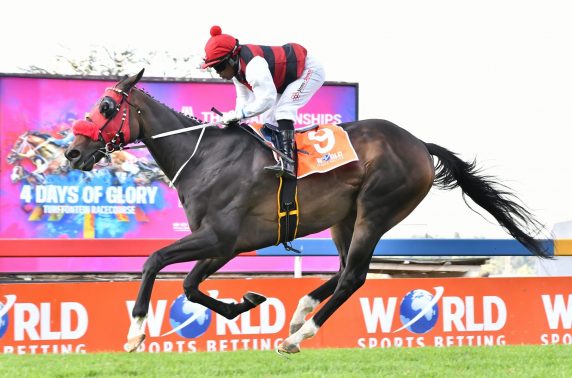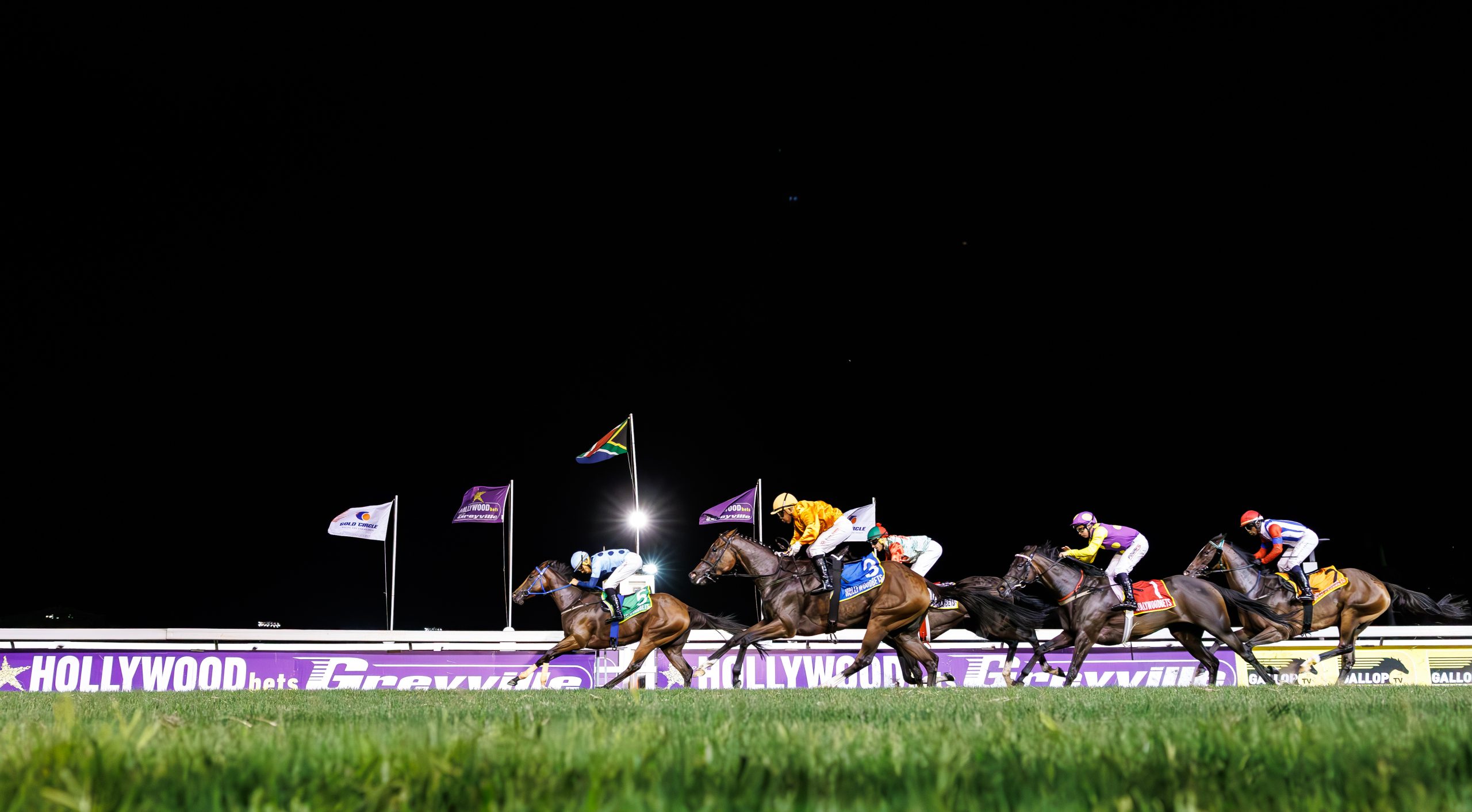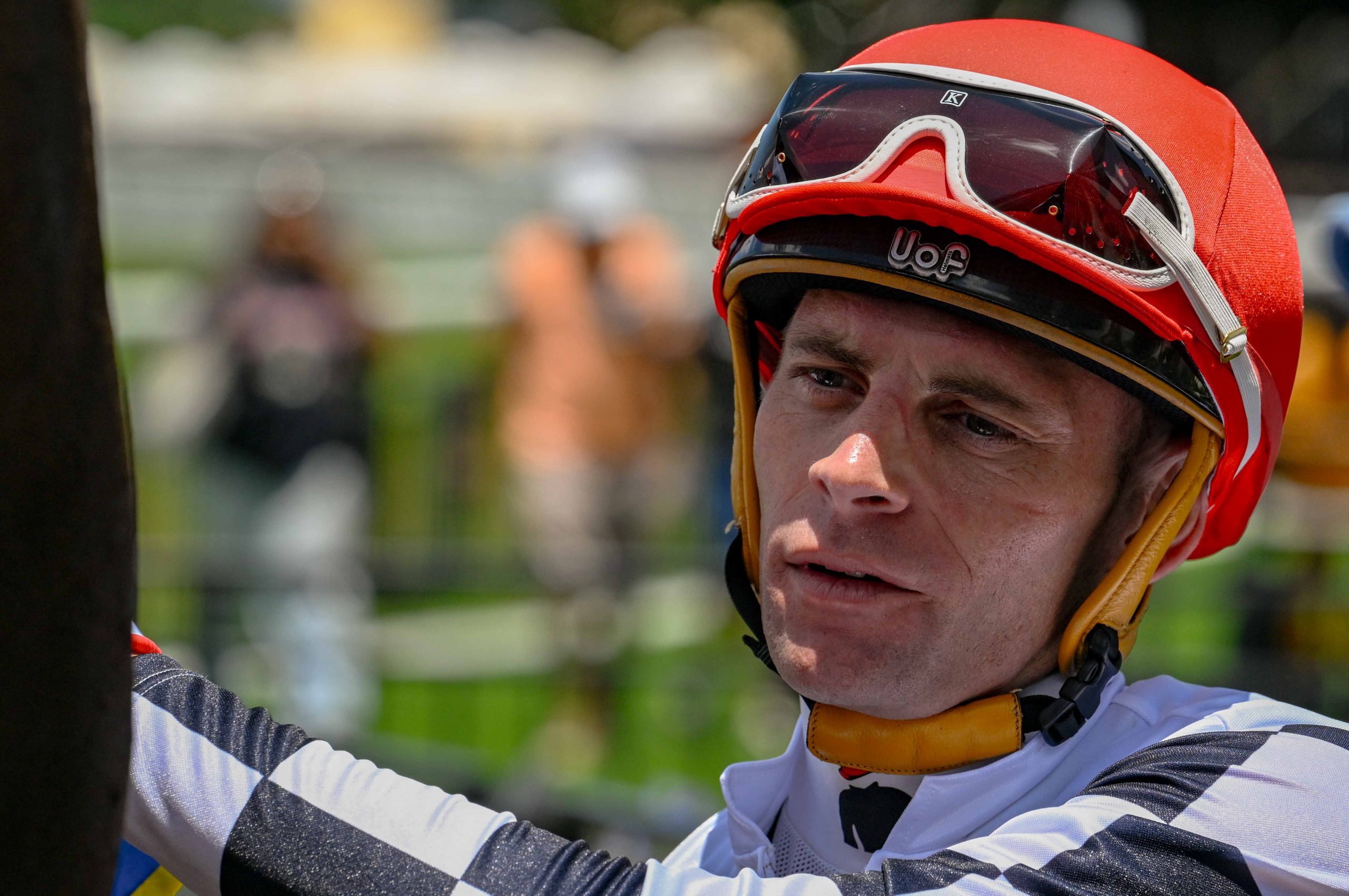The situation in local racing is not unlike the dilemma which is faced by the monetary policy committee of the SA Reserve Bank, writes Leon Smuts.

The MPC effectively has two mandates, a primary one which is inflation targeting and maintaining inflation at predetermined optimum levels, and a secondary mandate which is to support economic activity where possible.
The first is the dominant driver as can be seen from continuous hikes despite a painful period where the local economy is already struggling and in need of support. The primary mandate will always determine decisions but leaves room for secondary intervention when suitable conditions allow.
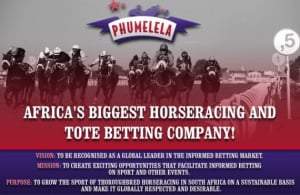 With the listed Phumelela, our major operator locally, we see a very similar situation where the primary mandate is to manage the company to be profitable and provide positive returns to shareholders, and a secondary mandate which is to at least maintain and where possible expand racing.
With the listed Phumelela, our major operator locally, we see a very similar situation where the primary mandate is to manage the company to be profitable and provide positive returns to shareholders, and a secondary mandate which is to at least maintain and where possible expand racing.
They are fulfilling the primary mandate with decent results in difficult times, and are arguably also doing a reasonable job of the secondary mandate given the numerous challenges facing the racing industry, locally and globally.
So we may well ask why it is that the operator is getting so much criticism, from so many quarters, when it has actually managed to look after racing with some distinction despite a difficult caretaker role.

The main cause in my opinion is that the racing industry and the operator have mandates that are not aligned and drifting ever further apart.
We see complaints from owners, breeders and punters on a regular basis, and see an operator that rightly or wrongly, on the surface, seem to be oblivious to any criticism aimed at them.
Is it a case of an operator simply not caring, or are they just being true to their primary mandate?
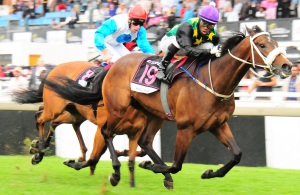
This is debateable, but rather than bickering it is perhaps time for the operator and all industry stake holders to work together on a growth strategy specifically for racing, that will intentionally benefit the industry, but in time have many spin off benefits for the operator as well.
It is clear that there is a problem, and that discontent and disillusionment is growing and that the situation requires an aligned strategy and common goals to restore good order.
Right now trust looks like it is a big issue and any project with proceeds directly aimed at benefitting racing will go a long way to restore confidence in the operator and the process of returning racing to a prominent economic contributor.

Although many people feel that racing is dying this will not happen as long there are rich owners willing to spend big money on pitting horses against each other, but it could cease as a viable economic activity if smaller owners and punters totally quit the sport.
It will then become a purely elitist pastime and will probably lose its appeal as a serious betting activity and a source of economic profit.

Without public interest and big sponsors the glamour of racing and the prestige of winning will be dealt a severe blow and might even result in big owners losing their appetite for involvement.
Breeding operations will become almost exclusively owner/breeder driven under this scenario which is bound to have a long term detrimental effect on the quality and quantity of racing stock.
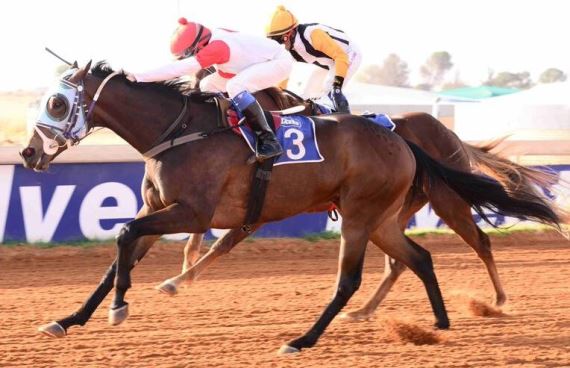
The bottom line is that the sport needs its smaller owners and players, just a whole lot more of them.
It is in nobody’s interest if the above scenario ever became a reality and it is definitely in the interest of the racing industry and our country for the operator to be successful and to receive growing economic returns from the sport.
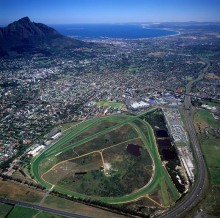
Given the almost opposing mandates (the need to increase profits versus more money for racing), but shared potential longer term benefits, working together on independent projects should become be a serious consideration.
As any benefit from a traditional investment in the marketing of racing seems to be a waste of time and money, the operator cannot be blamed for an unwillingness to push its local racing interest. It is for the industry to prove economic viability and future relevance before the operator will get serious about expanding its racing presence and allocating a bigger portion of spending to this area of its business.
Does this mean that the operator has no obligation to the sport?

I think it might not have explicitly but in my estimate has an implicit obligation as its current expansion and profits from diversified activities would not have been possible without the assets and balance sheet provided by the racing business.
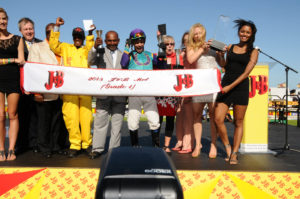
In the long run a healthy racing contribution will have an extremely positive impact on overall performance, as opposed to an operation that cause a continuous drag on company performance if nothing is done to turn the slide around, especially if exiting totally appears to not be an option at this point.
The escalating blame game is extremely negative for the image of the industry and public perceptions which is harmful to any turnaround strategy and hope of recovery.
An investment in capacity building will be money well spent and would not require vast sums of capital to achieve if objectives are properly defined and funded from multiple stakeholders, rather than an expectation that it is the operators responsibility, and theirs alone.
For racing to recover, the task of promoting racing cannot be left solely to the operator, as they have valid reasons for not being overly excited about this function even though they would ultimately benefit from the exercise.
 It simply does not serve their short term and primary mandate, which is to improve company profitability, as growing the client base will be a long term exercise.
It simply does not serve their short term and primary mandate, which is to improve company profitability, as growing the client base will be a long term exercise.
By contrast it should be all about the long term for the industry which is why this function cannot be left unattended.
If new projects are used to fund racing exclusively in the form of supplementary stakes and other needy racing causes it will be a huge positive for the sport and its future and should receive buy in from all stakeholders and passionate racing supporters.
If separate customised projects are not introduced, I cannot see racing ever regaining prominence again, given budget constraints and limited appetite by betting operators in this space over alternative forms of investment.
Unless future mandates include areas of common ground and a willingness to work together, this will continue to be an epic dilemma.








